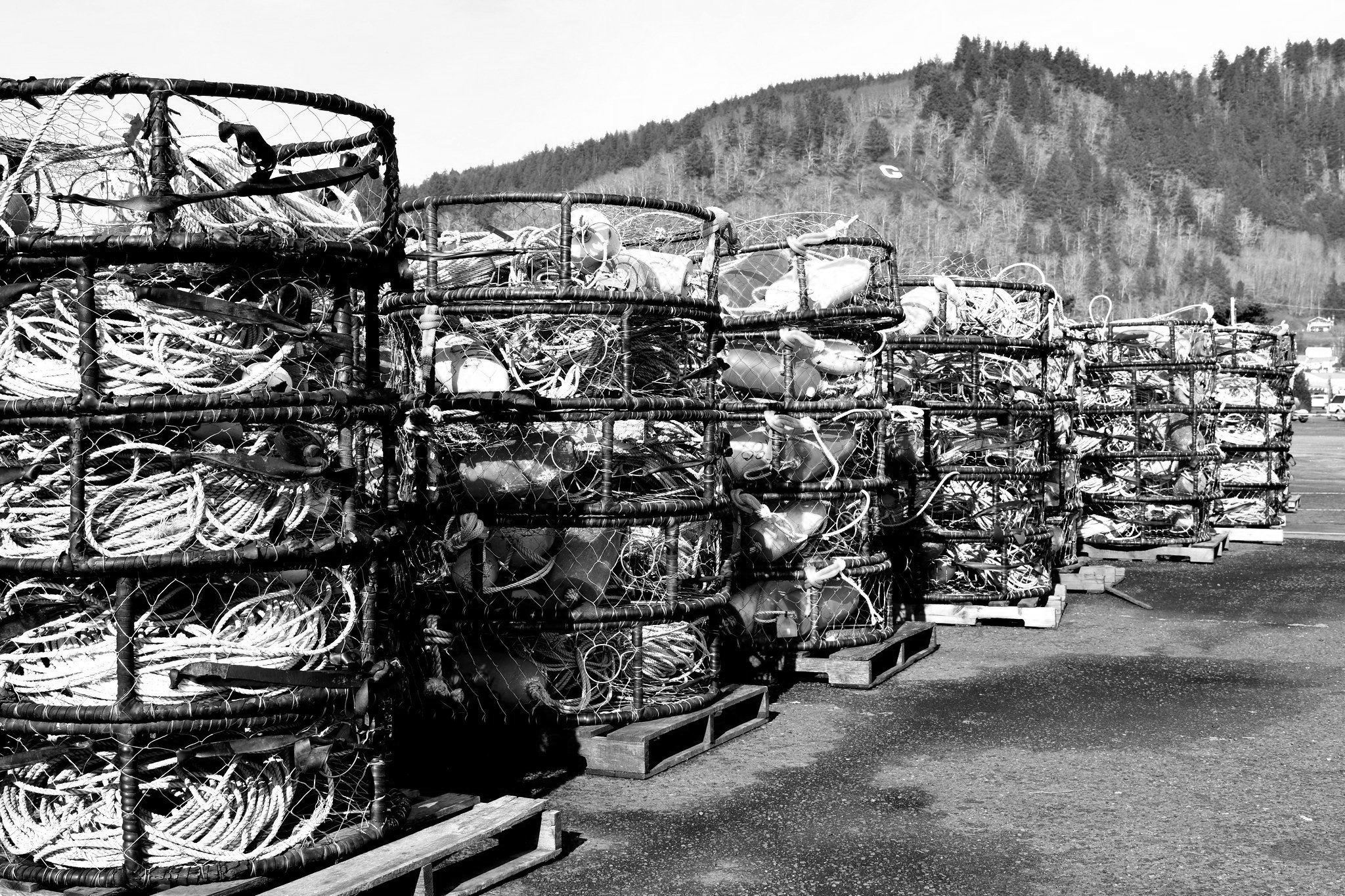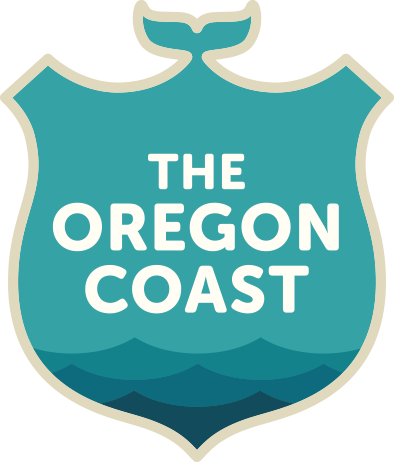
human rights
Does the seafood on your plate carry a legacy of human rights abuses? Seafood imported from overseas has been linked to labor abuse, human trafficking, and illegal fishing practices. Eating Oregon seafood is the best way to know that no one was harmed in the making of your meal.
quick facts
In 2021, Oregon received the highest amount of imported seafood from India (46%), China (24%), and Canada (20%) (Source)
In Oregon, 9 out of the 10 top seafood importing countries in 2021 are characterized as medium-high risk on the Global Slavery Index based on multiple metrics (Source)
As much as 17% of squid imported from China is processed with forced labor (Source)
Illegal seafood accounted for $2.4 billion (11%) in sales in 2019 (Source)
Oregon’s top seafood importer, China, has ranked as the top country whose policies are contributing to illegal, unreported, and unregulated fishing (Source)
Research estimates that 1,800 pounds of wild-caught fish are stolen from global seas every second (Source)
get involved
-

eat local seafood
Don’t ket your dollar support fishing slavery and IUU - Shop locally! Ask your local grocery store meat counter if they have anything fresh from Oregon, or find places near you that sell local seafood.
If you’re a food retailer, highlight your sale of local seafood and consider certifications, such as the Labor Safe Screening, to ensure your customers that you don’t sell products causing slavery.
-

Strengthen enforcement of anti-trafficking laws
Lobby your legislators to support stronger enforcement of anti-trafficking laws for overseas violations. Potential measures could provide greater transparency, increased resources, and new enforcement approaches. Learn more.
-

invest in enforcement technology
New innovations in remote monitoring and seafood tracing can provide transparency and allow for more discretion in purchasing seafood products. Use this data to better understand the issue, and invest in expansion of these technologies.
-

Partner with Human Rights Organizations
Join existing efforts or create new partnerships to support human rights in the seafood industry. Some existing organizations include Liberty Asia and the Sustainable Fisheries Partnership.

